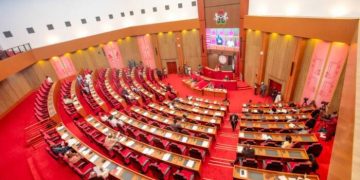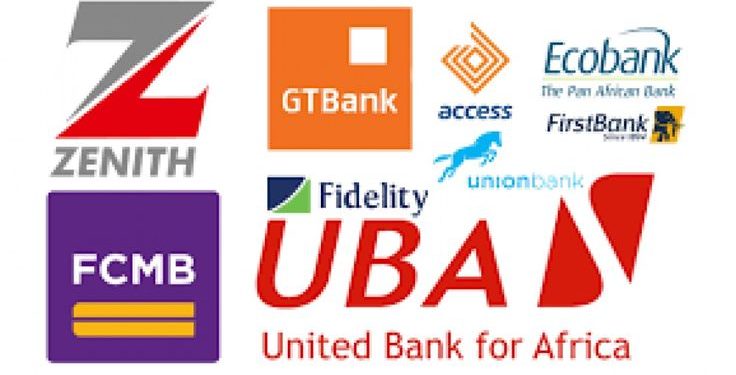Nigerian banks have resumed processing international tuition payments directly from Naira accounts through the Central Bank of Nigeria’s Form A portal. This development comes as foreign exchange liquidity in the country improves, restoring access to official payment channels for students studying abroad and reducing dependence on expensive parallel market rates.
Form A is an application platform introduced by the Central Bank of Nigeria that allows Nigerians to convert Naira into foreign currency at official CBN or interbank rates for eligible service transactions, known as invisible trade. These include payments for educational fees, medical bills, professional training, and other legitimate service-related expenses. By using Form A, students and their sponsors can remit school fees abroad at regulated rates, ensuring transparency and affordability.
Leading financial institutions such as Guaranty Trust Bank and Lotus Bank have confirmed the resumption of this service for undergraduate and postgraduate tuition payments. The process involves visiting the official Trade System Portal, selecting the Form A option for educational fees, choosing a participating bank, and uploading the necessary documents. Required documents typically include an admission letter, an invoice from the foreign institution, a valid international passport, tax clearance certificates, debit instructions, and the completed Form A.
Lotus Bank clarified that Form A services were never officially suspended, but low patronage had occurred in previous months due to severe foreign exchange shortages. With recent improvements in dollar liquidity, the service is now functional and efficient once again. Banks report that the current processing timeline for tuition payments has been reduced significantly, taking approximately four days from application submission to fund remittance. This marks a major improvement compared to 2022 when similar transactions took up to 120 days due to FX scarcity.
Under the new procedure, once applicants submit their Form A along with supporting documents, the bank’s treasury team sources the required foreign currency within two business days. By the fourth day, the Naira account is debited, and the corresponding amount in foreign currency is transferred to the school. This streamlined process not only saves time but also reduces the stress and financial burden associated with paying international tuition fees through alternative methods.
This development follows the recent reinstatement of international transactions on Naira-denominated debit and credit cards. Previously, such transactions were restricted, with cardholders facing stringent limits on foreign payments. The improved foreign exchange situation is a result of ongoing monetary reforms by the Central Bank of Nigeria and increased diaspora remittances, which have bolstered FX supply and stabilized the market.
For Nigerian students studying overseas, the resumption of Form A payments provides much-needed relief. It eliminates the high costs associated with using black-market foreign exchange or third-party fintech solutions, making it easier for families to meet their financial obligations to international institutions.
In summary, the reopening of Form A for tuition payments signifies a positive shift in Nigeria’s financial landscape. It reflects the success of efforts aimed at improving FX liquidity and restoring confidence in formal banking channels. Students and sponsors are encouraged to take advantage of this development by promptly submitting their applications with the necessary documentation to ensure timely processing and avoid delays.
This policy change not only benefits students but also strengthens Nigeria’s foreign exchange management framework, creating a more stable and transparent system for handling service-related payments. As FX reforms continue, it is expected that similar measures will be introduced to further ease the financial pressures on Nigerians engaged in legitimate international transactions.























































